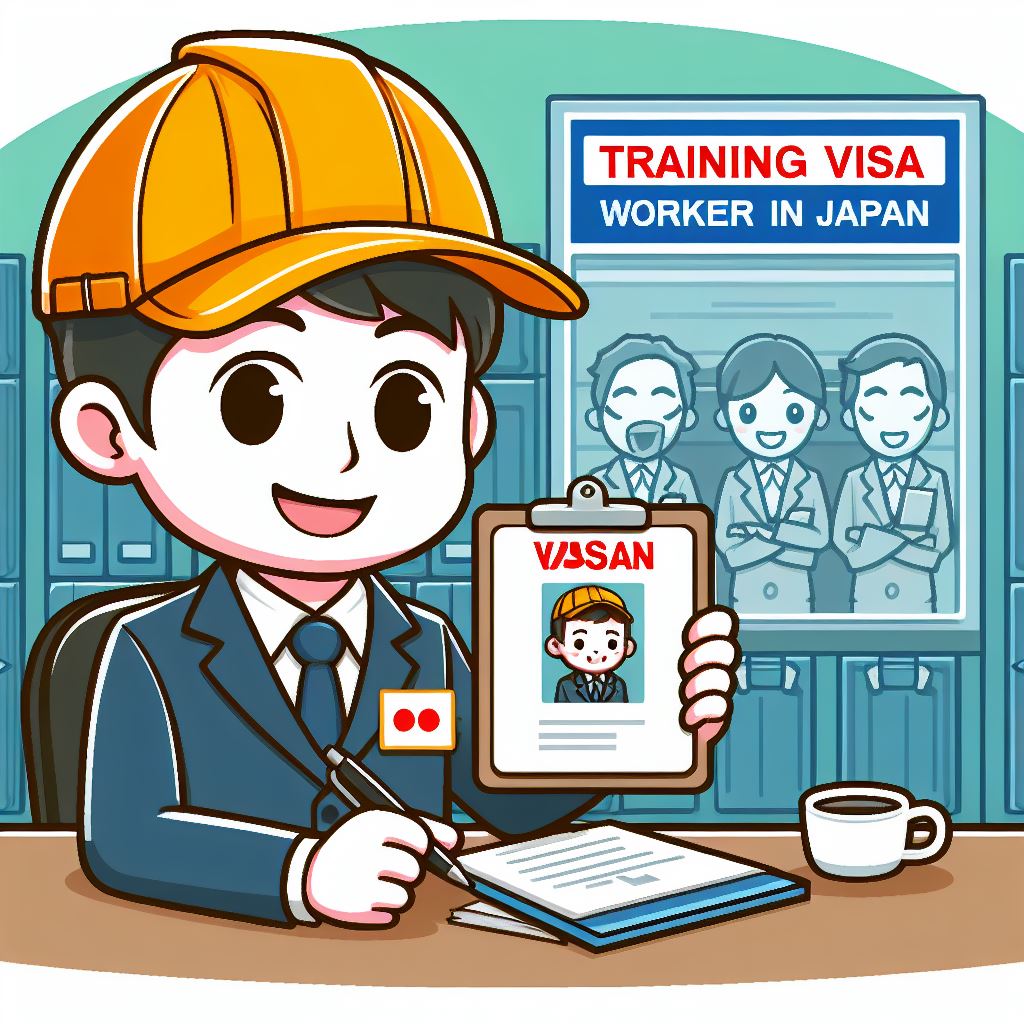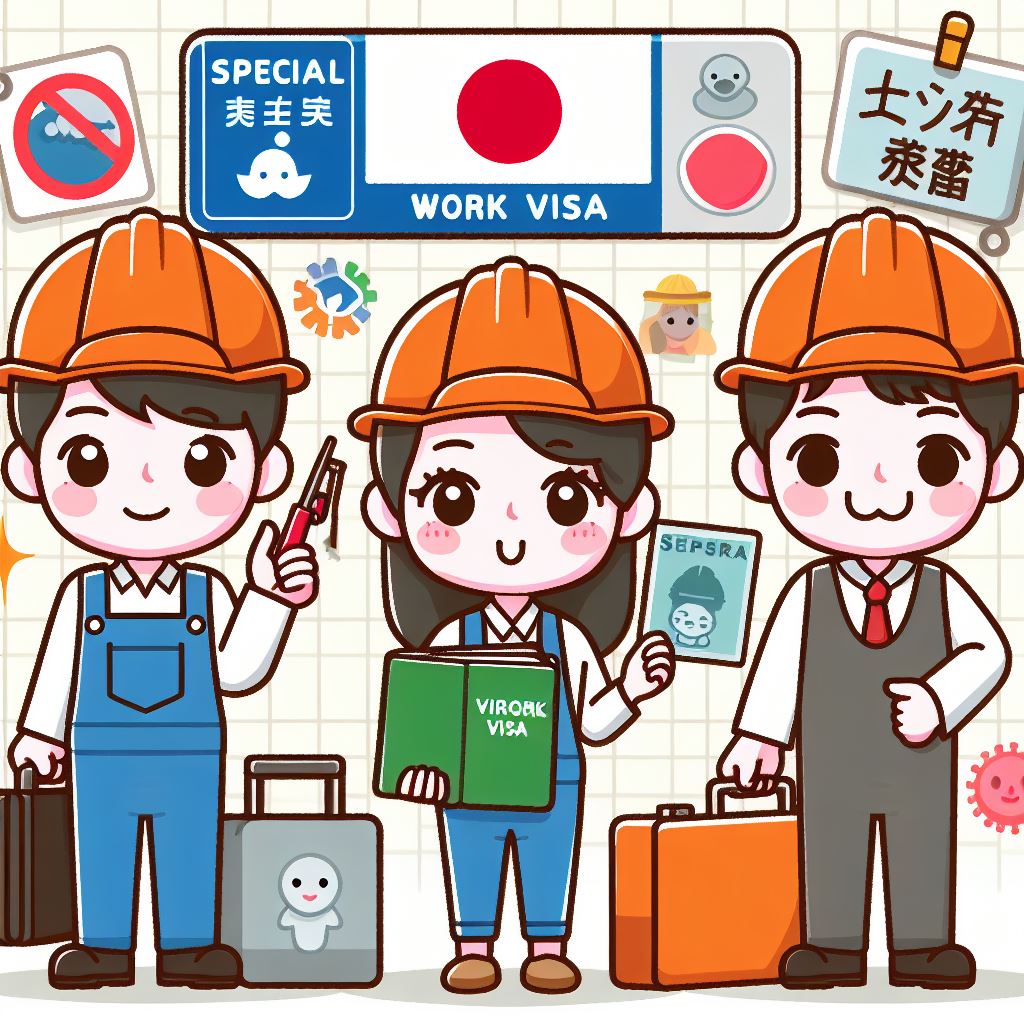WORKING LIFE IN JAPAN
Are you driven by the dream of building a rewarding career in Japan?
Your journey begins here! Our website is your compass to navigate the exciting opportunities available in the Land of the Rising Sun. Embarking on a journey to work in Japan is not just about building a career; it’s about experiencing a vibrant culture, pushing your limits, and chasing your dreams. For young individuals with aspirations of working in Japan, this is an opportunity of a lifetime.
Welcome to Your Path to Professional Success in Japan!
Japan offers a wealth of employment opportunities for both its citizens and foreign workers. If you’re considering working in Japan, it’s crucial to understand the various types of job visas available. In this article, we’ll explore the three primary job visa categories in Japan: Tokutei, Training, and Special Work visas.
Job opportunities in Japan are diverse, and the availability of different visa types caters to the varied needs of foreign workers.
Understanding the distinctions between Tokutei, Training, and Special Work visas is essential for making informed decisions about your career prospects in Japan.
Ensure you meet the specific eligibility criteria and legal requirements associated with each visa type to make the most of your job opportunities in this vibrant and culturally rich nation.

The Tokutei visa is designed for foreign nationals who have specialized skills and expertise in a particular field.

To qualify for a Tokutei visa, you must possess specific skills, knowledge, or qualifications related to the job you're applying for. These skills are typically in high demand in Japan.

With a Tokutei visa, you can pursue a career in your specialized field, such as IT, healthcare, engineering, or other professional sectors.

Tokutei visas are generally issued for one year and can be extended based on your employment contract.

The Training visa is intended for individuals who wish to acquire job-specific training in Japan.

Training visas are granted to foreign workers seeking training opportunities in Japanese companies or industries. The goal is to transfer knowledge and skills back to their home countries.

While the primary purpose is training, individuals with Training visas can gain valuable work experience in Japan. However, the training aspect remains the priority.

The length of the Training visa can vary, typically ranging from a few months to a few years, depending on the training program.

Special Work visas are for foreign workers engaged in specific types of labor in Japan.

Special Work visas cover various categories, such as entertainer visas, cultural visas, and more. They are typically issued for non-professional or short-term work.

Special Work visas are suitable for those engaged in temporary or seasonal employment, like performing artists, event staff, and seasonal workers in the agriculture and hospitality sectors.

The duration of a Special Work visa varies depending on the specific category and job contract.
